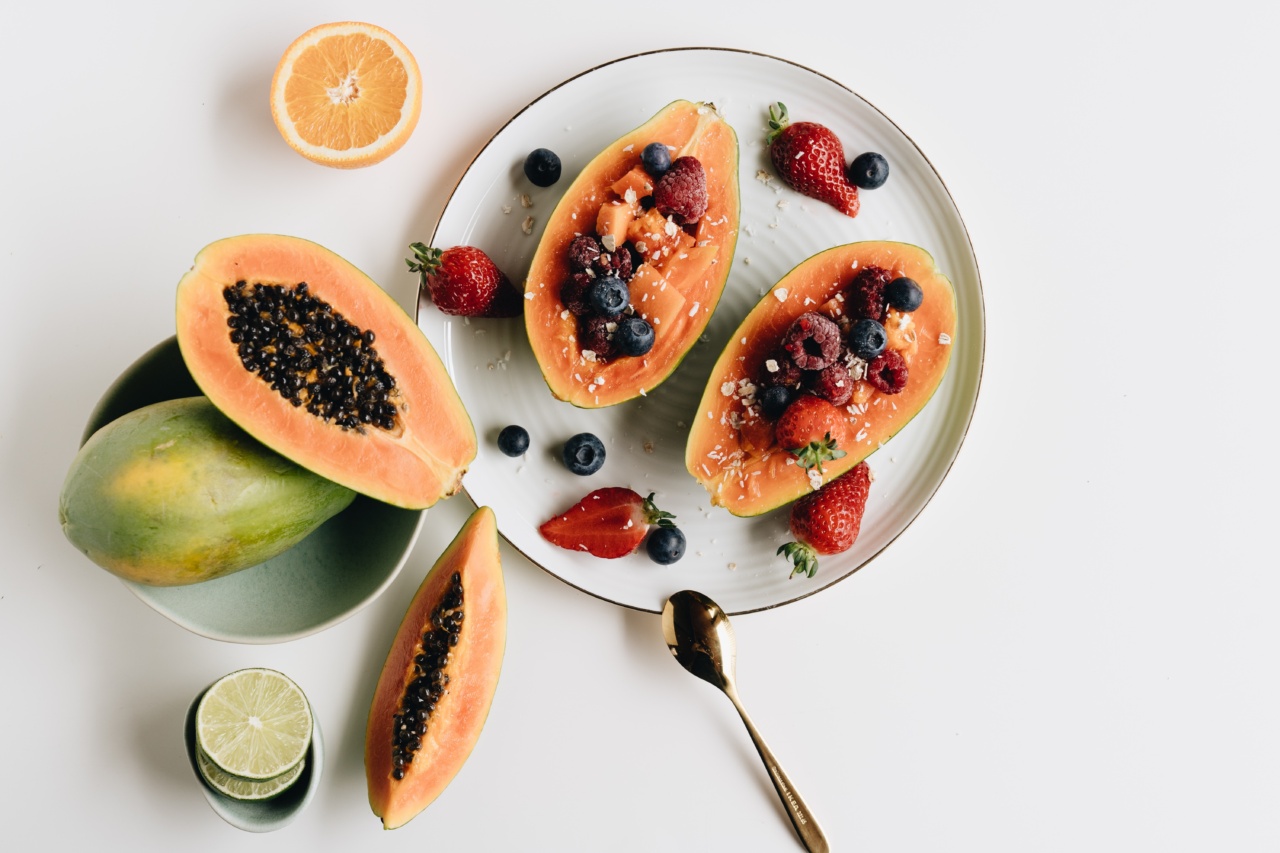As we age, it becomes increasingly important to prioritize our health and well-being. One way to do this is by ensuring we consume essential vitamins that support our body’s functions.
In this article, we will explore the must-have vitamins for a healthy life after 40, discussing their benefits and sources.
Vitamin D
Vitamin D is crucial for bone health, immune system function, and muscle strength. As we age, our body’s ability to synthesize vitamin D from sunlight diminishes, making it important to obtain it through other sources.
Good sources of vitamin D include fatty fish like salmon and mackerel, fortified dairy and plant-based milk, and exposure to sunlight.
Vitamin B12
Vitamin B12 is essential for proper nerve function, energy metabolism, and red blood cell production. As we age, the body’s ability to absorb B12 decreases, making supplementation crucial.
Rich sources of vitamin B12 include animal products such as meat, fish, dairy, and eggs. Vegetarians and vegans can consider fortified plant-based milk, fortified cereals, and nutritional yeast.
Omega-3 Fatty Acids
Omega-3 fatty acids provide numerous benefits for the heart and brain health. They can reduce inflammation, lower the risk of heart disease, and support brain function.
Excellent sources of omega-3 fatty acids include fatty fish like salmon, trout, and sardines. Vegetarians and vegans can opt for chia seeds, flaxseeds, and walnuts.
Calcium
Calcium is vital for maintaining strong bones and teeth, as well as proper muscle and nerve function. As we age, our bodies tend to lose calcium, increasing the risk of osteoporosis.
Good sources of calcium include dairy products, fortified plant-based milk, green leafy vegetables like kale and broccoli, and tofu.
Coenzyme Q10
Coenzyme Q10 is known for its antioxidant properties and plays a crucial role in energy production within our cells. As we age, the production of Coenzyme Q10 decreases, so it is beneficial to supplement it.
Good dietary sources of Coenzyme Q10 include organ meats such as liver and heart, fatty fish, and soybeans.
Magnesium
Magnesium is involved in over 300 enzymatic reactions in the body and is essential for maintaining normal nerve, muscle, and heart function. As we age, our bodies tend to have reduced magnesium levels, making supplementation necessary.
Good sources of magnesium include whole grains, nuts, seeds, legumes, and green leafy vegetables.
Vitamin C
Vitamin C is a powerful antioxidant that helps protect cells from damage, supports the immune system, and aids in the absorption of iron. It is important to ensure an adequate intake of vitamin C as we get older.
Excellent sources of vitamin C include citrus fruits, berries, kiwi, bell peppers, and dark leafy greens.
Vitamin E
Vitamin E is a potent antioxidant that protects cells from oxidative stress, supports the immune system, and promotes healthy skin. Good sources of vitamin E include nuts and seeds, vegetable oils, broccoli, spinach, and fortified cereals.
Zinc
Zinc is necessary for proper immune function, wound healing, and DNA synthesis. As we age, our bodies may face challenges in absorbing and utilizing zinc correctly. Good sources of zinc include meat, poultry, seafood, legumes, nuts, and seeds.
Probiotics
Probiotics are beneficial bacteria that support digestive health, boost the immune system, and aid in nutrient absorption. As we age, the diversity and population of our gut bacteria may decrease, making probiotics even more essential.
Probiotics can be obtained through fermented foods like yogurt, kefir, sauerkraut, and kimchi. Additionally, probiotic supplements are available.































